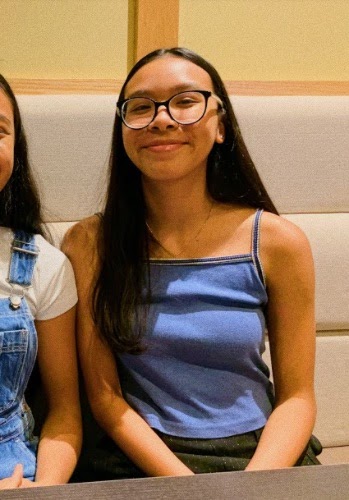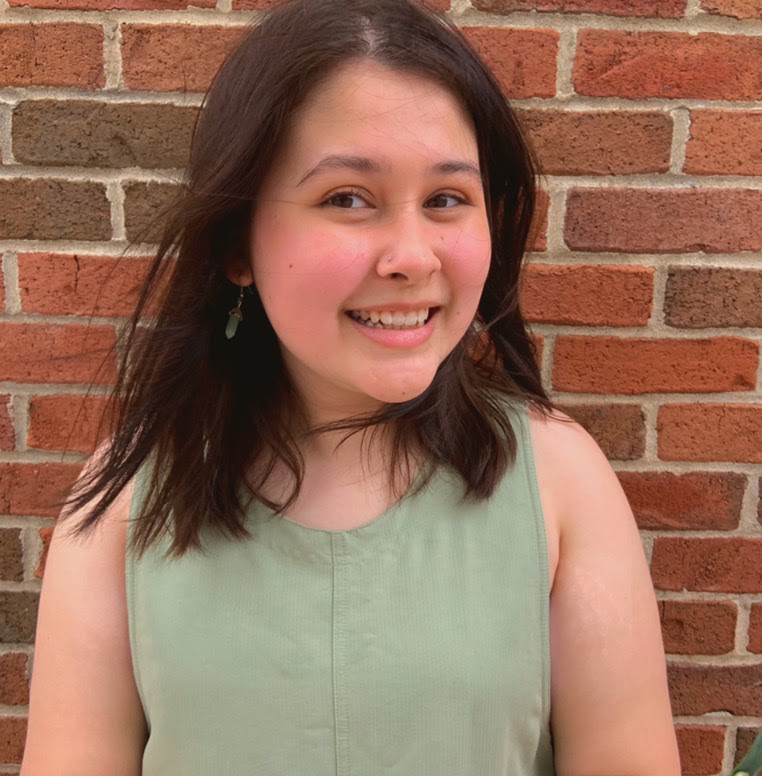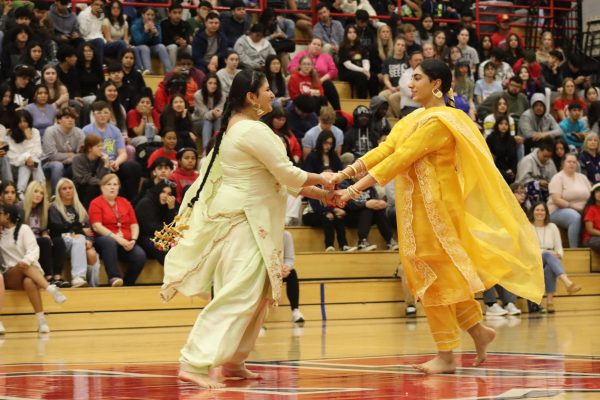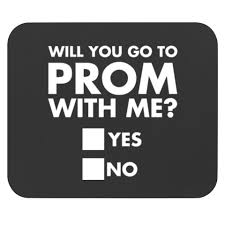Rise in Anti-Asian Violence
May 5, 2021
Hostility towards Asian Americans has increased amid the COVID-19 pandemic, with the percentage of anti-Asian hate crimes increasing by a disturbing 150% in 16 of the most populated American cities according to a 2020 analysis by the Center for the Study of Hate and Extremism at California State University, San Bernardino.
Among the coverage for violence against Asians, the tragedy in Atlanta, Georgia, on March 17th has attracted widespread attention—the event in which shooter Robert Aaron Long fatally shot eight women at three spas or massage parlors, with six of the eight victims being of Asian descent.
Whether or not this event is officially classified as a hate crime, it has left a scar on the Asian American community, as it still signifies violence against its members—a reminder of the stigmatization of Asians globally that has since been exacerbated by anti-Asian rhetoric revolving around COVID-19.
Subsequent to the shooting, Kansas representative Rui Xu notably reported on March 19th that a man accosted him in a sports bar in Russel, Kansas. Upon waiting to be seated, a man angrily questioned why Xu was wearing a mask and claimed that he was “probably carrying a virus.” Later that night, the same man allegedly screamed, “Where the f*** is he? I’m going to kick his a**!” Xu immediately hid behind a booth until the man left the bar.
The Chronicle interviewed students of Asian descent at Olathe North to hear and share their thoughts on the matter.


Q&A with Leandra Hô, Sophomore, and Emily Maiwat, Junior
Since when have you been aware of the increase in hostility towards the Asian community?
LEANDRA HO: Ever since the rise of COVID, I’ve been quite aware. It’s been on my mind quite a lot, and social media has helped educate me more on the issues that are happening within Asian communities.
EMILY MAIWAIT: I’ve noticed an increase in hostility towards people who are Asian since the beginning of [the pandemic]. I heard people in our own school make a lot of insensitive “jokes” when the virus was mostly in China, which turned into mocking Asian culture, accents, and customs. I noticed that at the beginning of [the pandemic] people were more wary to be around Asian people because they were ignorantly worried that they would give them COVID. Trump’s comments about the “Kung-flu” and “Chinese virus” put the blame on Asians and increased hostility towards Asian Americans. Through all these comments, I was made aware of the increased hostility, but I was also made aware from hearing stories of innocent people being beaten up and harassed simply for being Asian.
How has this affected you/those around you?
LEANDRA HO: It’s affected my parents more than anything. Being immigrants from Vietnam, they’ve become more aware of the situation. They’ve been scared and cautious of going out or starting trouble because of the consequences that’s been shown through the news and social media. It’s really scary.
EMILY MAIWAIT: I haven’t had any racist comments made directly to me or my family, but I’ve heard and seen them indirectly and it’s difficult. It makes you angry and frustrated to see what’s happening and it’s also just scary. It’s scary when there’s always a possibility that you or someone you love could be harmed or harassed for existing; it’s just something that’s always in the back of your mind and it shouldn’t be that way. The increase in hostility hasn’t affected many of the people close to me (besides my dad), as most of my friends are white and have never really experienced racism. They care, of course, but their race is not something they even have to think about on a regular basis.
Have you and your family taken any precautions?
LEANDRA HO: We haven’t necessarily taken any precautions, but I’ve sat down with my family and had serious conversations about it. It’s really hard for me to realize this reality I’m living in, and I’ve started to become more and more aware of my surroundings and the people around me. Having these conversations really sparked a sense of fear and caution that I never would’ve imagined having to feel.
EMILY MAIWAIT: I wouldn’t say we’ve taken heavy precautions but we have had conversations about the violence happening. My parents are more worried about me going out and have warned me to be more alert. We are more aware and anxious when we go out, but it’s difficult to know when to take precautions when you never know who is going to be racist.
Other thoughts/opinions/experiences you’d like to share:
LEANDRA HO: If I’m being honest, I haven’t experienced much racism, and I am so grateful for that. During these times, I’ve cared more and more for my Asian friends and family. I take time to educate myself and make sure to educate others on these issues, as my culture is something really important to my identity, and having to hide and suppress that in this society because of fear is really depressing.



